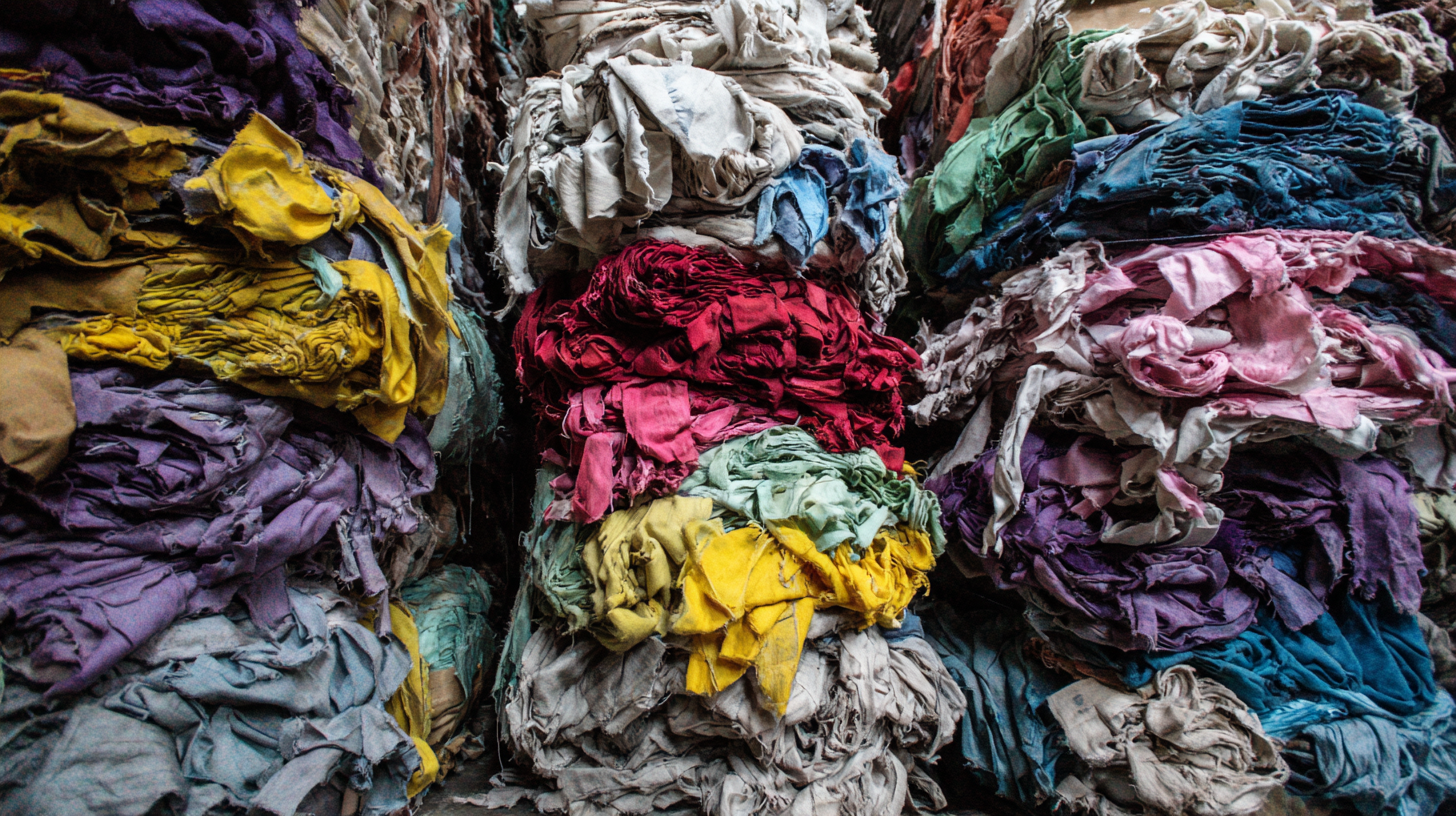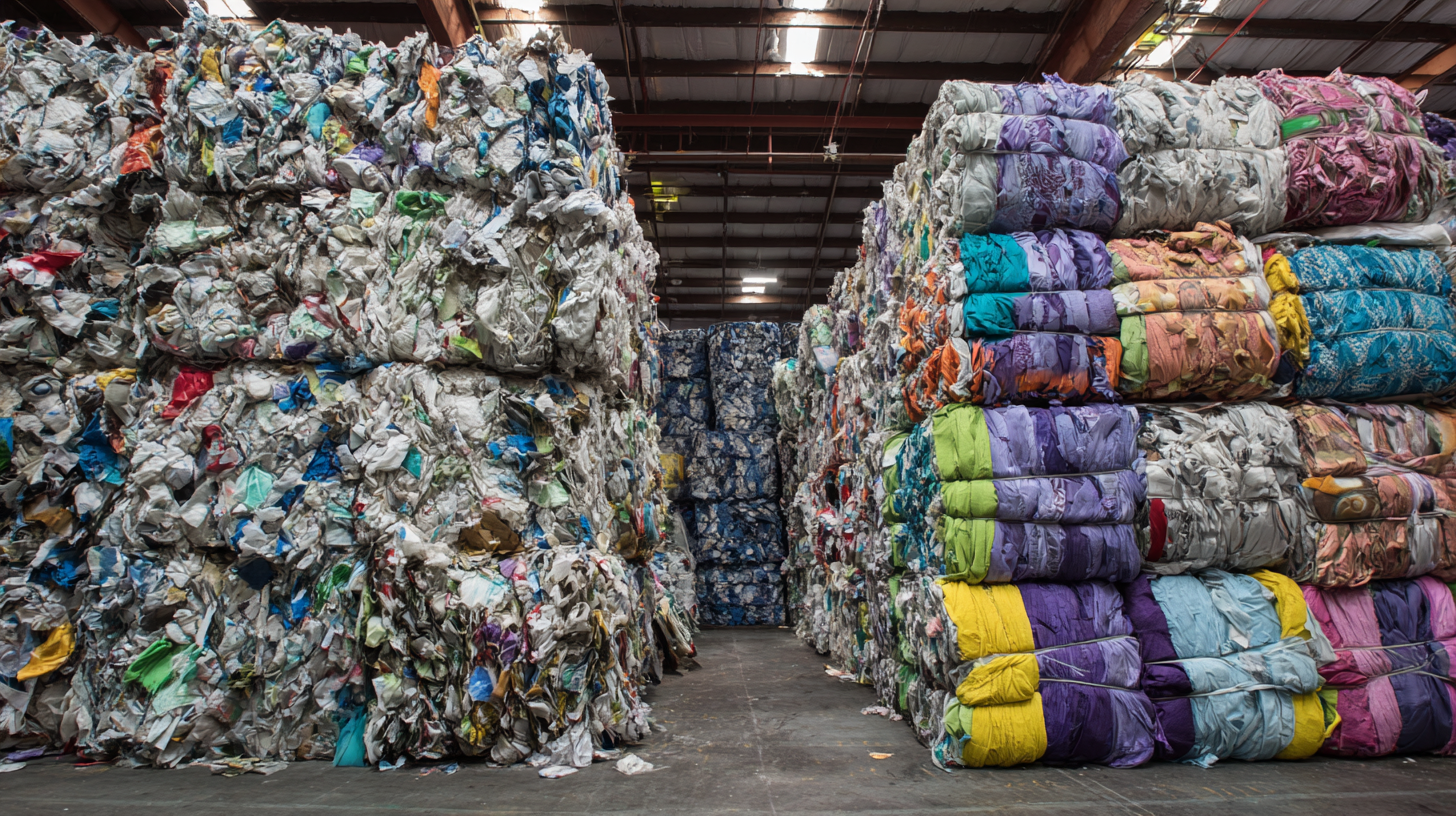In the quest for a more sustainable fashion industry, the importance of materials like Recycled Polyester Fabric cannot be overstated. As the world grapples with the escalating consequences of plastic pollution, turning to recycled materials offers a viable solution that not only reduces waste but also conserves valuable resources. Recycled Polyester Fabric emerges as a champion in this endeavor, providing an eco-friendly alternative to virgin polyester by repurposing post-consumer plastics. This innovation not only minimizes the carbon footprint associated with textile production but also addresses the urgent need to curb environmental degradation. As consumers become more conscious of their choices, the fashion industry is challenged to adopt practices that prioritize sustainability and environmental health. This article delves into the fundamental role that Recycled Polyester Fabric plays in reshaping the landscape of fashion, highlighting its benefits and impact on promoting eco-consciousness in both brands and consumers alike.

Recycled polyester fabric, derived primarily from post-consumer plastic bottles, has transformed the fashion industry’s approach to sustainability. As highlighted in recent studies, textile consumption is a significant contributor to environmental degradation, with Europe alone causing considerable pressure on climate through its textile usage. By incorporating recycled polyester, brands can significantly reduce the environmental footprint of their garments.
Studies show that recycling polyester can decrease energy consumption by up to 30% compared to producing new polyester from crude oil, providing a substantial incentive for manufacturers to integrate recycled materials into their production processes.
Incorporating recycled polyester not only addresses ecological challenges but also aligns with evolving consumer preferences who are increasingly leaning towards eco-friendly options. Research indicates that consumers are more inclined to purchase garments made from recycled materials, reflecting a growing awareness about sustainability in fashion. The innovation in recycling processes, such as techniques enabling the conversion of textile waste into high-quality fibers, plays a critical role in the future viability of recycled polyester, potentially transforming the industry's landscape by mitigating the detrimental impacts associated with fast fashion.
Recycled polyester fabric plays a crucial role in promoting sustainable fashion and protecting the environment. One of the most significant environmental benefits of using recycled polyester is its ability to minimize plastic waste. Traditional polyester is derived from petroleum, contributing to fossil fuel depletion and environmental degradation. By utilizing post-consumer plastic bottles and other discarded materials to create recycled polyester, we not only reduce landfill waste but also lower greenhouse gas emissions associated with production. This shift from virgin to recycled materials is essential for fostering a circular economy in the textile industry.
Recent advancements, such as the solar thermal catalysis technique developed by researchers at Soochow University, demonstrate innovative approaches to sustainable polyester recovery. This technology not only enhances the efficiency of recycling processes but also underscores the potential of renewable energy sources in material recovery. As the market for biobased polycarbonate (PC) continues to grow, with projections indicating a compound annual growth rate of 10.5% from 2024 to 2030, it inspires a broader embrace of sustainable materials like recycled polyester in fashion. By harnessing such green technologies, the fashion industry can significantly reduce its environmental footprint while still meeting consumer demands for stylish, high-quality products.

The production process of recycled polyester fabric is becoming increasingly vital in the pursuit of sustainable fashion and environmental health. Polyester, specifically polyethylene terephthalate (PET), accounted for 57% of the global fiber production, which exceeded 124 million tonnes in 2023. As fast fashion continues to dominate the market, the need for effective recycling processes becomes urgent. Recent innovations highlight the potential of chemical recycling methods, which transform textile waste back into reusable polyester yarns. Notably, advancements from partnerships between research institutions are paving the way for facilities aimed at increasing the capacity for chemical recycling.
Moreover, new technologies are enabling a broader range of feedstock to be utilized in the recycling of polyester, enhancing the versatility and sustainability of the output. Companies are actively developing textile-to-textile recycling methods designed to reach hyperscale production, potentially revolutionizing the industry's approach to material waste. As these processes mature, they promise not only to tackle pollution and reduce dependence on virgin polyester but also to set new standards for sustainability within the fashion sector. The environmental benefits of integrating recycled polyester into the mainstream fabric supply chain are immense, marking a crucial step toward lower emissions and a more circular economy in fashion.

Incorporating recycled polyester into your wardrobe is a practical and impactful step towards sustainable fashion. Start by seeking out brands that prioritize eco-friendly materials, as many fashion labels are now committed to using recycled polyester in their collections. Look for clothing made from repurposed plastic bottles, which significantly reduces waste and minimizes the environmental footprint compared to virgin polyester. Additionally, consider shopping from thrift stores or online second-hand marketplaces where recycled fabric garments are often available, allowing you to contribute to a circular economy.
When selecting pieces for your wardrobe, pay attention to the care instructions. Recycled polyester is durable, but washing it with similar fabrics can help extend its lifespan. Aim to wash on a cold cycle and hang-dry whenever possible to reduce energy consumption. Lastly, get creative with styling; recycled polyester can be versatile. Mix and match these sustainable pieces with your existing wardrobe to create unique outfits, promoting a more environmentally friendly lifestyle without sacrificing style.
The role of recycled materials in sustainable fashion is becoming increasingly prominent as consumers and industries alike recognize the urgency of addressing environmental concerns.
The global market for sustainable recycled fibers is projected to reach significant values, with estimates indicating that the market could grow to approximately $7.2 billion by 2024
and reach over $12.4 billion by 2033. This growth is largely fueled by a rising demand for environmentally friendly products
and a shift in consumer preferences towards brands that prioritize sustainability.
Moreover, the expected rapid expansion of the athletic apparel and equipment market, projected to surpass $102 billion by 2025,
underscores the growing importance of sustainable practices in fashion. As brands aim to align with eco-conscious values, recycled polyester fabric
has emerged as an essential component in product development. The incorporation of recycled materials not only reduces waste but also helps to lower the carbon footprint of the fashion industry,
making it a crucial strategy for achieving environmental health and sustainability in the long term.






